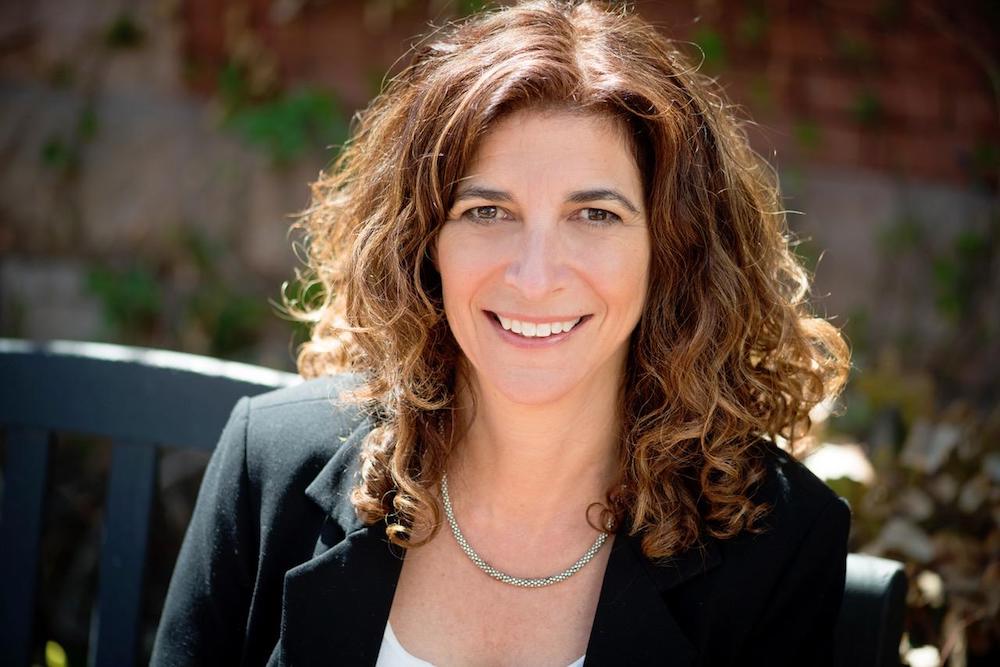Your Kids and Covid-19
It's back-to-school season and Dr. Gwen Wurm teaches us to stay smart.

Florida’s number of official Covid-19 cases in children has more than doubled over the past month, CNN reported, citing data from the Florida Department of Health. The agency is saying that cases in children 17 and under rose from 16,797 on July 9 to 39,735 on August 9 — an increase of 137 percent. Covid-19 hospitalizations among children in Florida rose from 213 to 436 during that same period, a 105 percent increase. Deaths among children rose from four to seven in Florida.
 Dr. Gwen Wurm, a pediatrician at University of Miami, Miller School of Medicine tells us what we need to know.
Dr. Gwen Wurm, a pediatrician at University of Miami, Miller School of Medicine tells us what we need to know.
Kids with colds and fever should be tested for Covid-19. “We need to give appropriate recommendations for quarantine,” says Dr. Wurm. “It’s the only way we’ll get this under control. We can only beat the epidemic if we quarantine people who are asymptomatic or pre-symptomatic. People who, for example, are family members of kids who have tested positive. If child has a fever and you’re willing to quarantine anyway, then you might consider forgoing the test.” The University of Miami pediatric mobile unit is doing testing 305-243-6407.

Do not skip your child’s Well Visit to the pediatrician. “Children need to get their routine immunizations,” says Dr. Wurm. “The last thing we need is an epidemic of measles or pertussis since people are afraid to go to the doctor to get children immunized. Everyone should get a flu shot this year. What’s more, doctor’s offices are safe. Physicians are using PPE such as masks and face shields and are cleaning rooms thoroughly — no one should be concerned about taking their well child to the doctor. Many offices such as mine have instituted screening for symptoms prior to being allowed in, and limiting to one parent per child.”
Kids can wear masks. “In school we recommend kids wear a mask,” says Dr. Wurm. “Keep in mind, surgeons go through 14-hour surgeries wearing masks. Many people in different industries wear masks all day. Make sure the mask fits well, let the child pick out his or her own mask, and turn the whole thing into a game.”
Mental health is important too. “Find people you trust who are also diligent and mask-wearing – people within your family group or your church – and form learning pods,” says Dr. Wurm. “Some families have found this rewarding. For teens, understand there are ways to stay safe. We found there are problems from indoor activities, where air lingers, but we’re not seeing big problems from outdoor activities that are not crowded. Social distance, were a mask, and have interaction via zoom.”
Becoming a couch-potato is not the recommendation. “Eat healthy and exercise,” says Dr. Wurm. “That’s the best way to stay healthy. Don’t lock your kids inside, fresh air keeps us sane.”
Don’t be afraid to make your own decisions. “Each family should be empowered to make their own choice based on their circumstances,” says Dr. Wurm. “Decisions may be different for a family with young healthy parents and one where there is a grandparent with heart disease and diabetes living in the home. This is a dynamic situation. The well-thought-out answer to your situation one day, may be different the next. Be nimble and flexible.”
Don’t live in fear. “I’m not afraid of Covid because I know how to keep myself safe,” says Dr. Wurm. “I wear a mask, keep 6 feet from people and wash my hands. I see people outside my immediate family outdoors.”

Brett Graff is SocialMiami.com’s managing editor and has been a journalist covering money, people and power for over 20 years. Graff contributes to national media outlets including Reuters, Glamour, Harper’s Bazaar, Maxim, and the PBS show, Nightly Business Report. A former U.S. government economist, her nationally syndicated column The Home Economist is first published in The Miami Herald and then on the Tribune Content Agency, where it’s available to over 400 publications nationwide. She is broadcast weekly on two iHeartRadio news shows and is the author of “Not Buying It: Stop Overspending & Start Raising Happier, Healthier, More Successful Kids,” a parenting guide for people who might be tempted to buy their children the very obstacles they’re trying to avoid.



